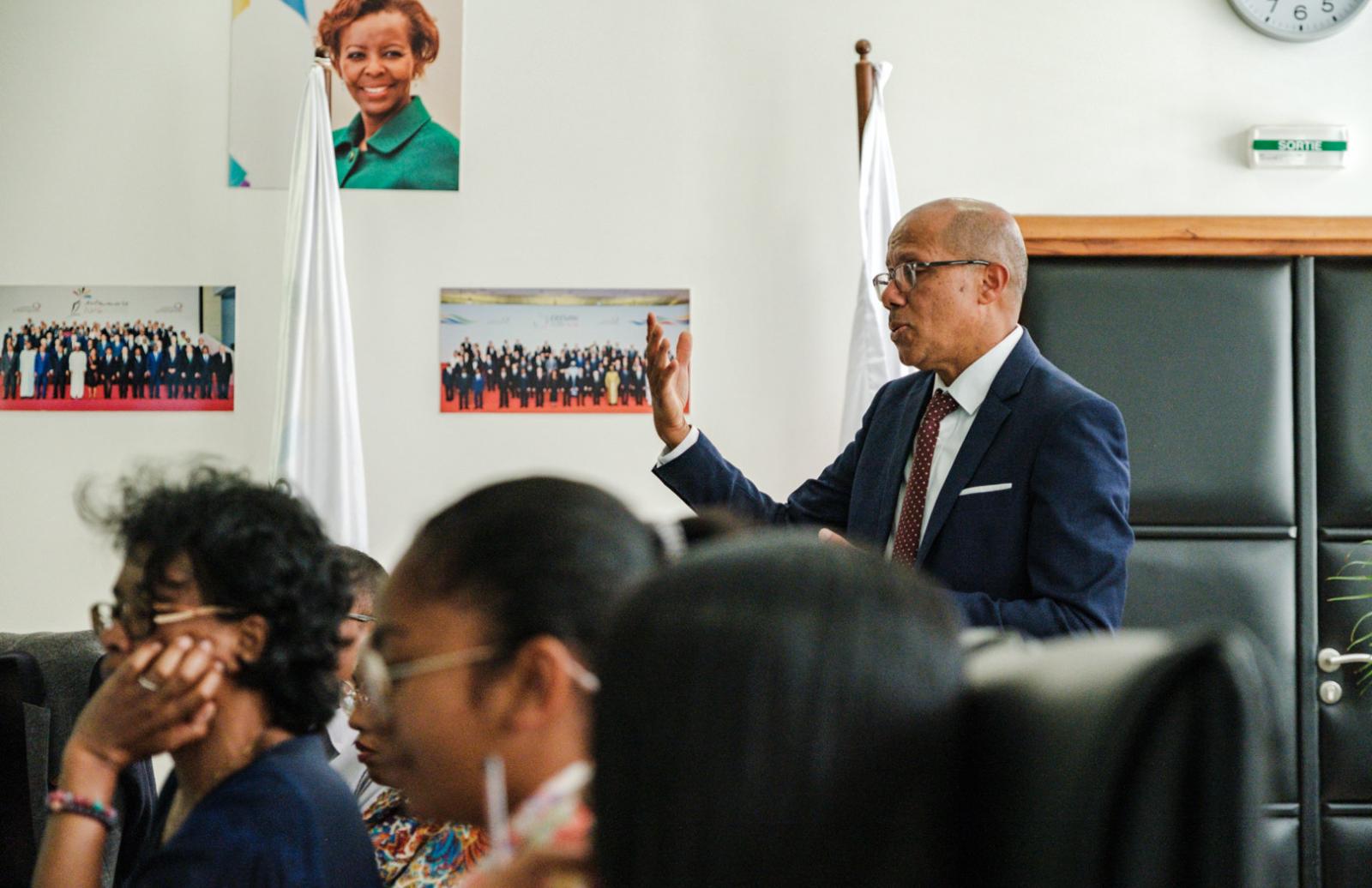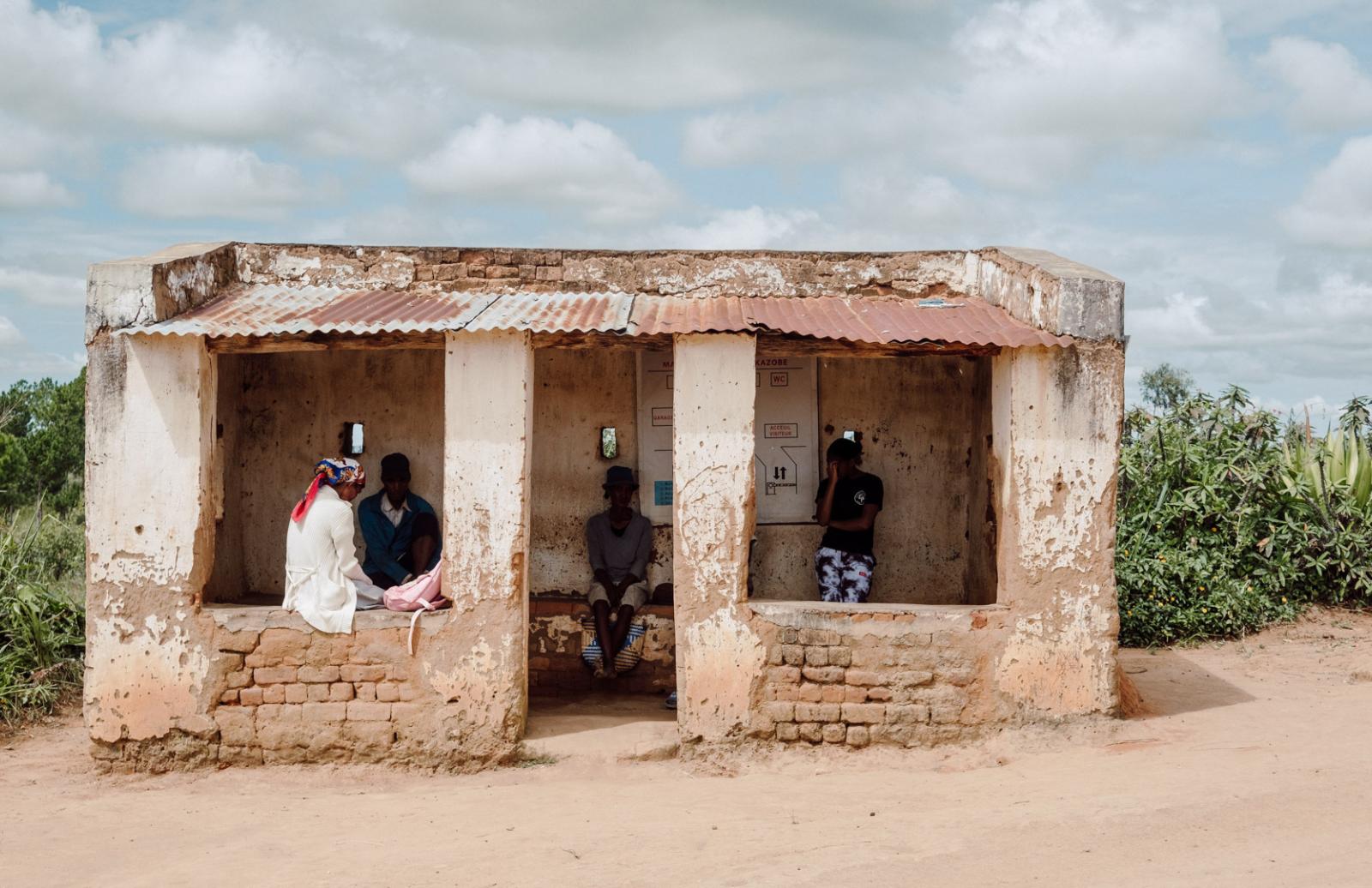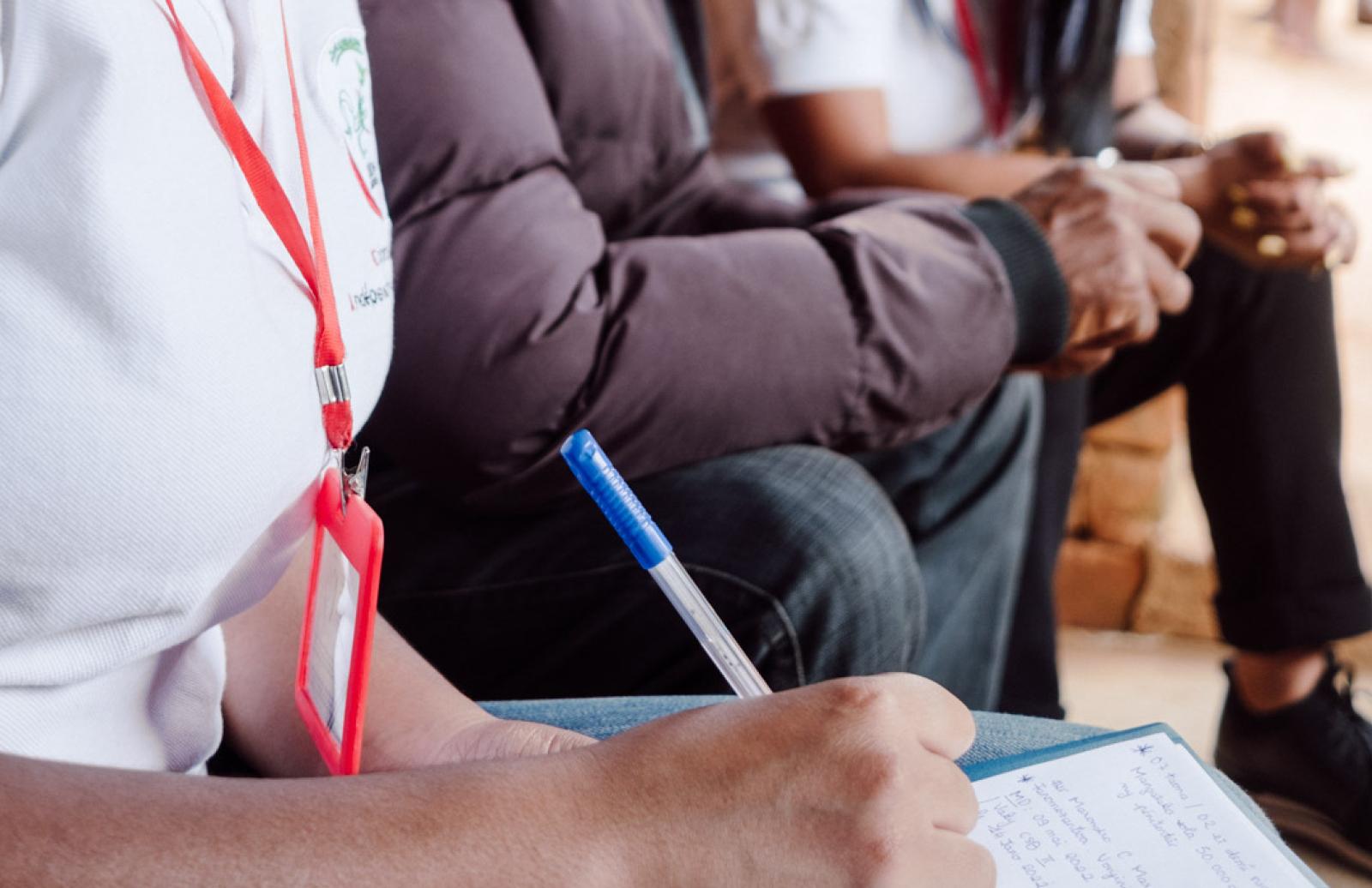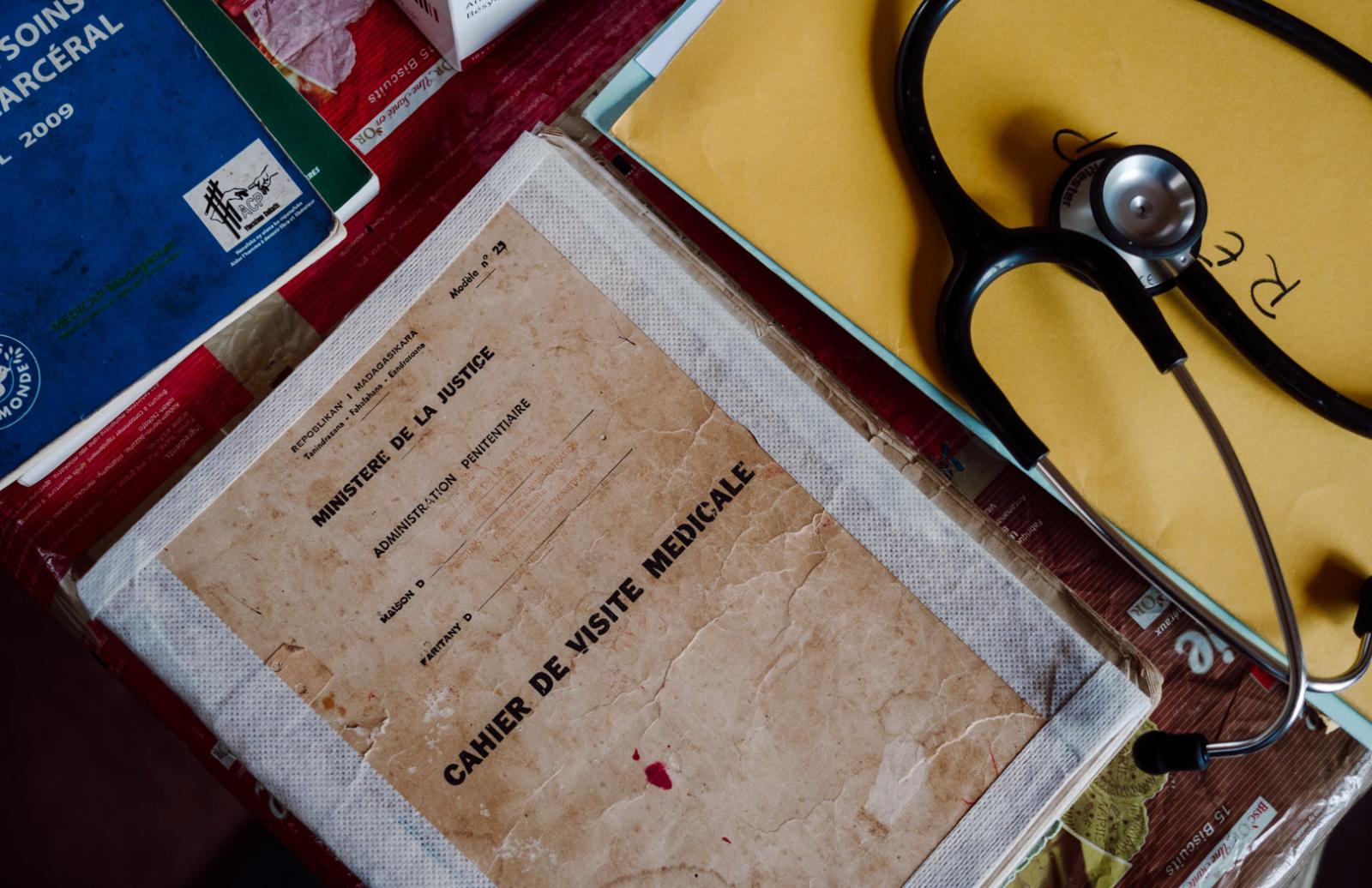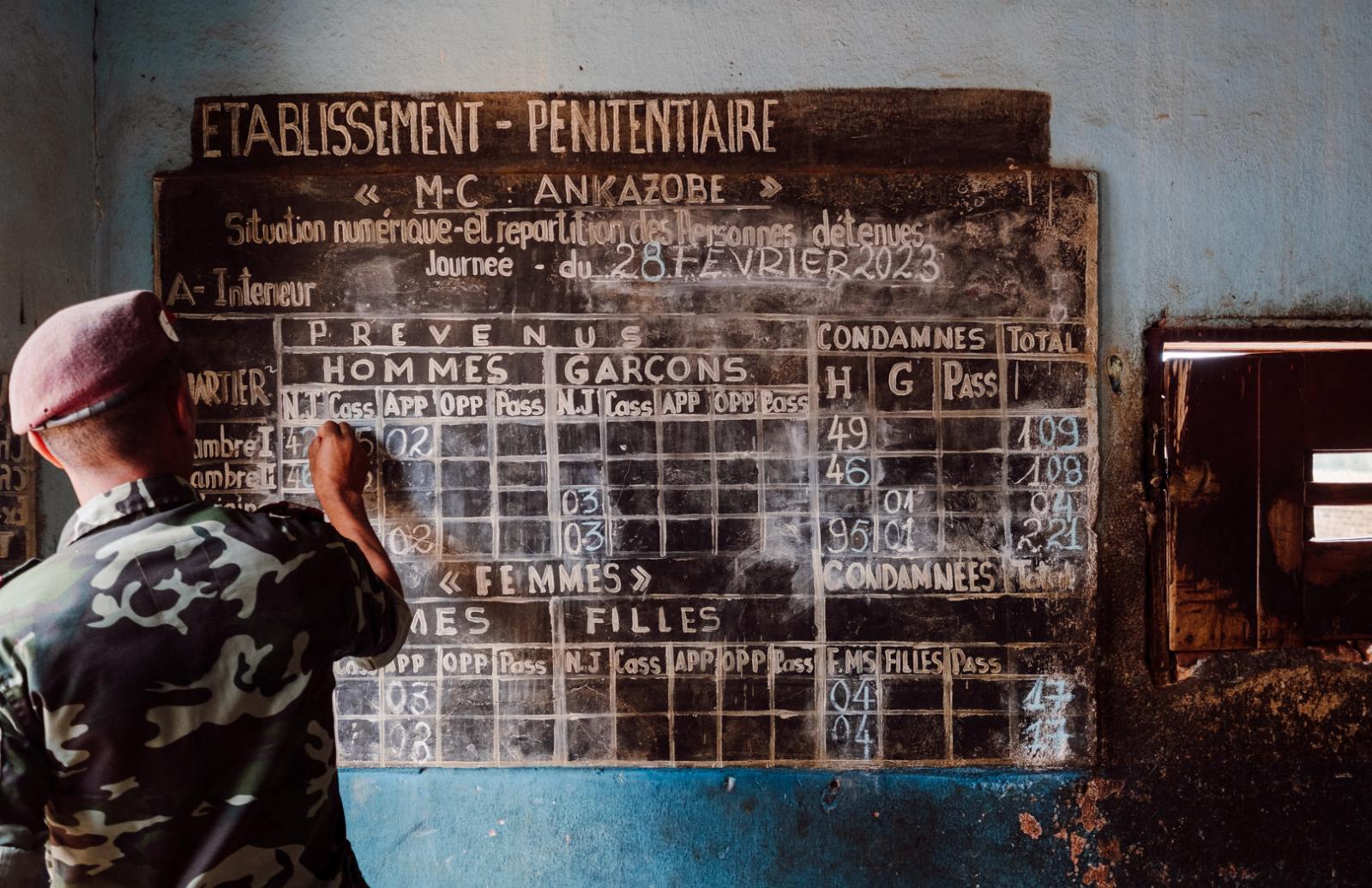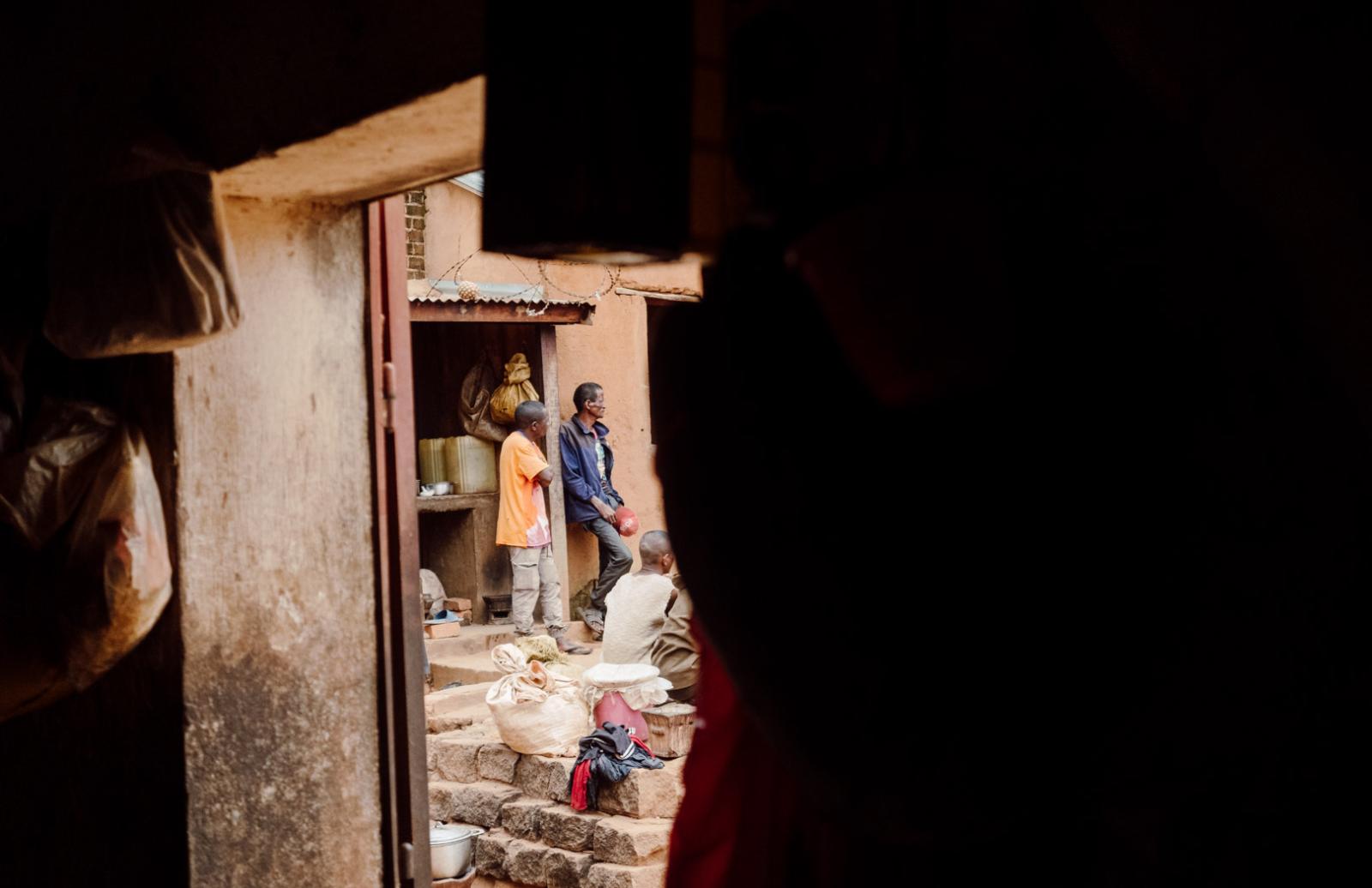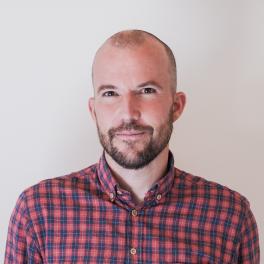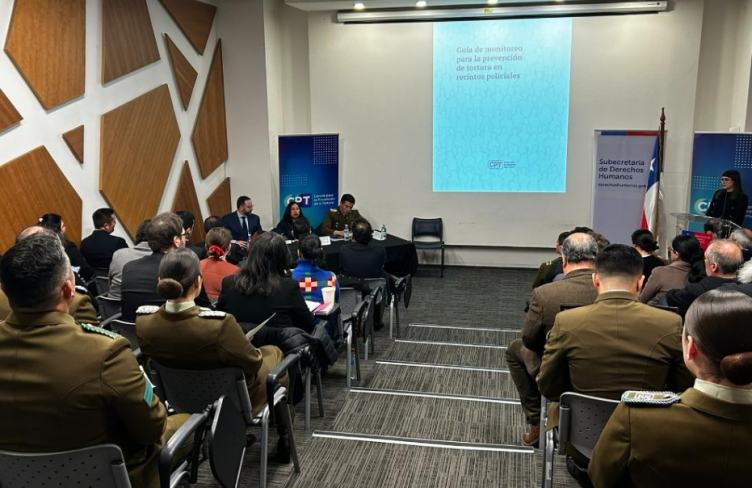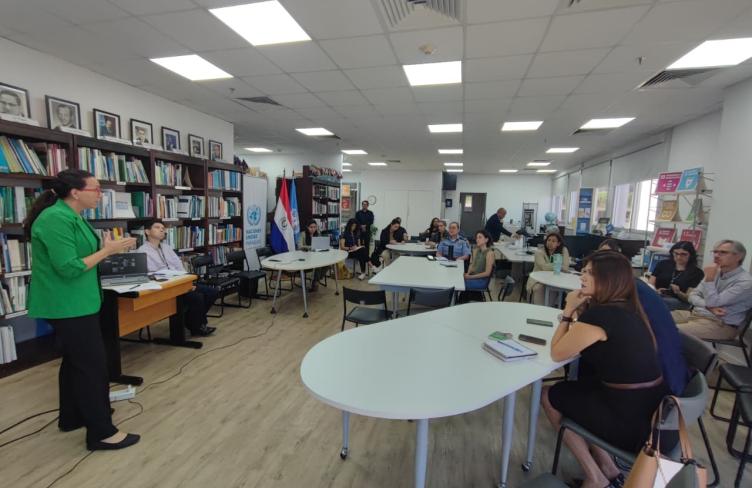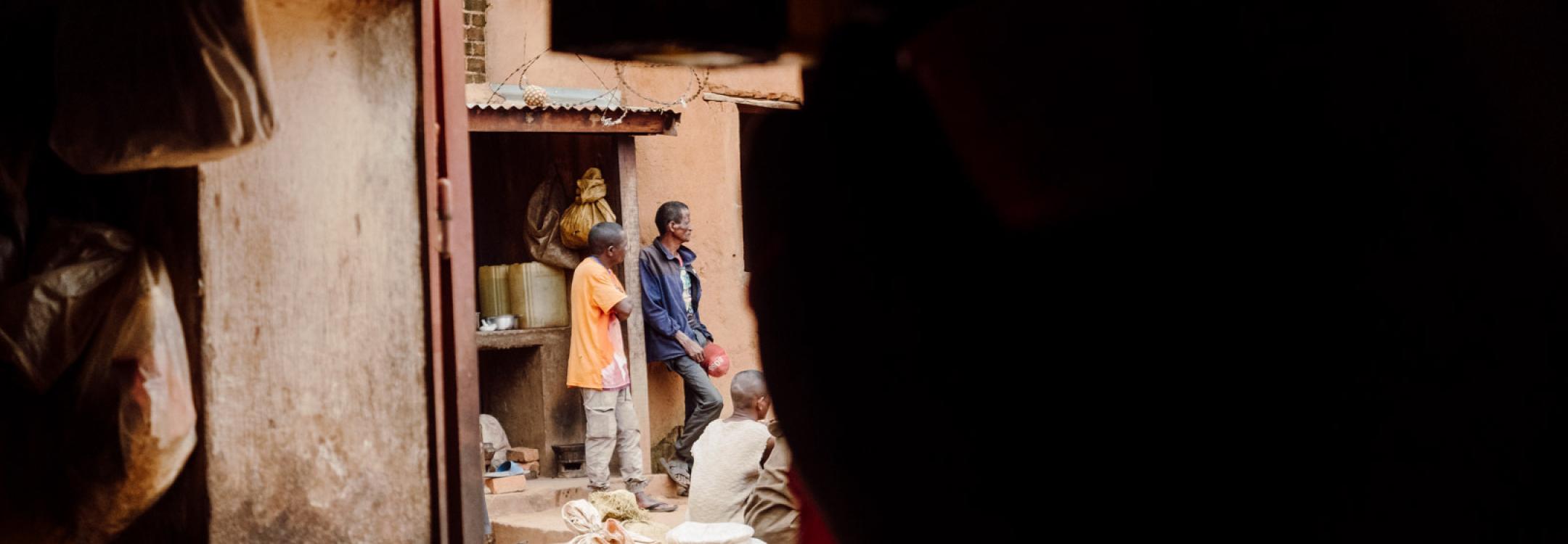
Over the past several years, APT’s work in Madagascar has focused primarily on our cooperation with the National Police and the implementation of safeguards in the first hours of custody.
While this important work with the police continues, as part of our holistic approach to torture prevention in the country, we recently took the opportunity to begin working with the National Human Rights Commission on the implementation of their NPM mandate – as documented in this photo essay.
